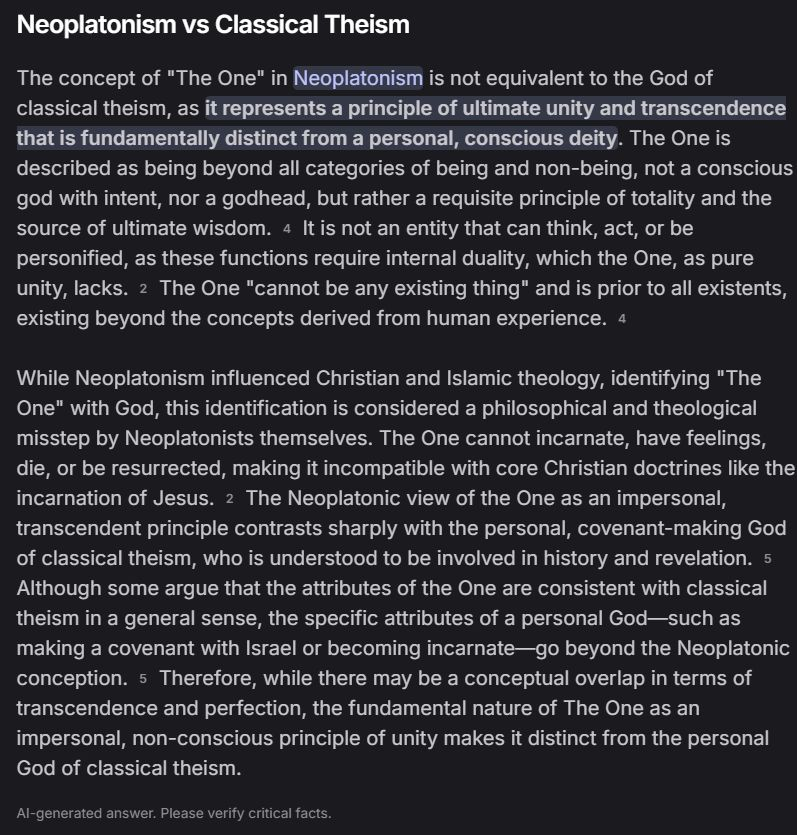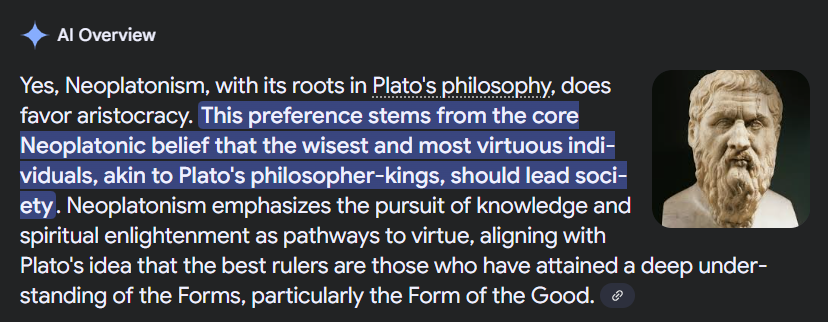Philosophy
- Lafyva

- Jan 11, 2025
- 1 min read
Updated: Aug 10, 2025
AI Overview
Nicholas of Cusa's concept of "oneness" is deeply rooted in Neoplatonism, where he argues that all things ultimately originate from and are united in a single, divine source, which he refers to as the "Coincidence of Opposites" - a state where all contradictions and distinctions dissolve into a unified whole, representing the absolute nature of God.
Key points about Nicholas of Cusa and Neoplatonism:
The One and the Many:
Like other Neoplatonists, Cusa believed that the divine "One" is the ultimate reality, and all individual things in the universe are emanations or expressions of this One, creating the "many".
"Coincidence of Opposites":
Cusa's unique contribution is the concept of the "Coincidence of Opposites," where seemingly contradictory ideas or aspects of reality are seen as ultimately unified within God, who transcends all limitations and distinctions.
Human striving for unity:
Cusa believed that humans, through philosophical contemplation and seeking God, can progressively approach this state of oneness, even though they can never fully comprehend it.
Infinite God:
Cusa emphasized the infinite nature of God, stating that God is beyond all human concepts and cannot be fully grasped by the finite human mind.




Comments